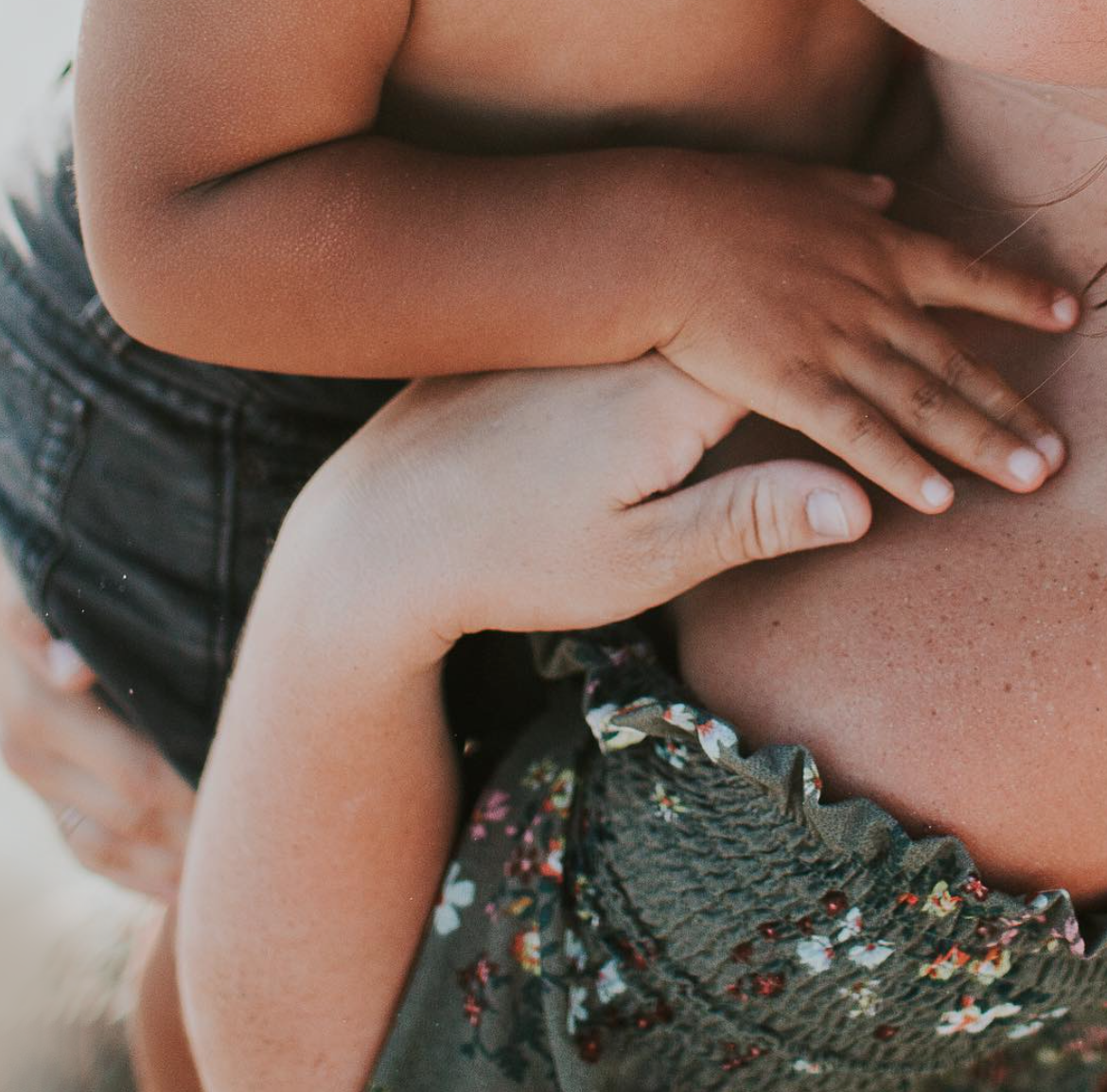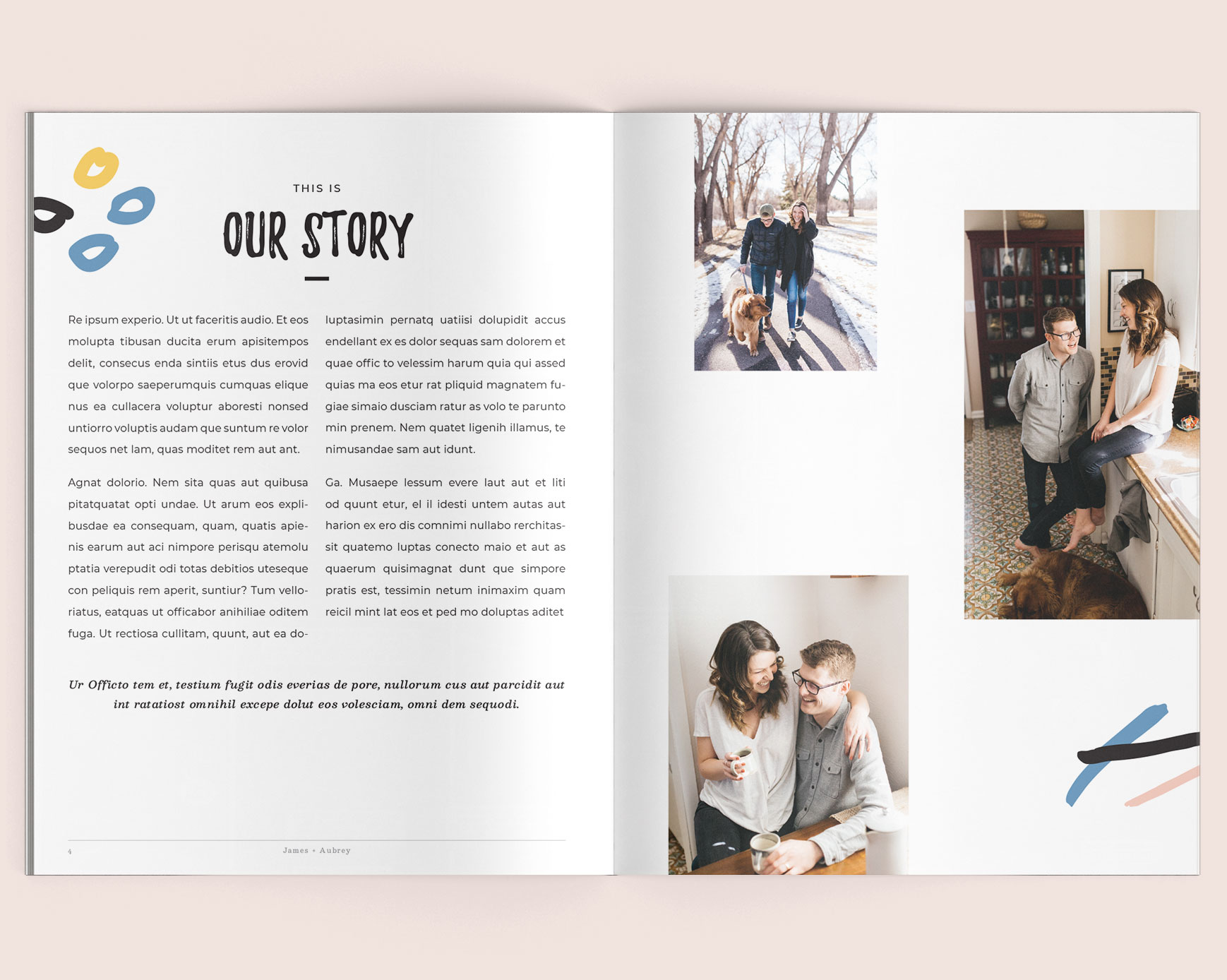There are many different campaigns and platforms seeking to eliminate the stigma of placing your child for adoption. Many agencies, law firms, consultants, and facilitators are now focusing their marketing campaigns to show that women who place are strong, resilient, loving, and selfless,. Professionals are now calling for the widespread acceptance and recognition of birth moms. I’m certainly not going to argue with that. Hell, it’s long overdue. But the mere fact that we deserve to be recognized is a small blip on the map. We can do better. We can raise the bar. The stigma of being a birth mom is the least of my worries. And I will tell you why.
Most people are pretty supportive of me being a birth mom. And if they aren’t, I say screw ‘em. (You hear that, Brenda?) I realize that many other women may not have the same privilege of being accepted by family and friends, which is why continuing to eliminate the stigma is important. As a birth mom, – I want to be accepted. However, as an adoption professional, it’s not my top priority. Now, before the steam comes barrelling out of your ears, just keep reading.
These are the things that do top my list:
- Post-Placement Support
- Eliminating Coercion
- Separate Legal Representation
Post-Placement Support.
This has been the topic of conversation for a few years now, and its existence is steadily growing nationwide. It’s nowhere near perfect, and it’s not easily accessible for everyone yet, but we are working on it and that is wonderful. Ideally, post-placement support for birth moms should at least include lifelong adoption counseling and a local support group.
It’s time that we hold professionals accountable for providing the things that many so flippantly say that they offer. Are they merely meeting the state minimum for x-number of counseling sessions, having them to come talk to an agency staff member who isn’t a counselor, or sending them to just any therapist? Or are they actually referring to a licensed therapist who specializes in adoption? Just because an agency’s website says they offer post-placement support, does not mean they actually do. We need to ask the hard questions and hold agencies to their answers. Verify these facts with actual support group meeting dates and information. Don’t let them tell you that ‘our birth moms don’t need that.’ That’s utter malarkey.
Eliminating Coercion.
This is an overwhelmingly large task because coercion can be involved in essentially every step of the process. But how do you eat an elephant? One bite at a time.
We can start by taking it step-by-step, by changing the way expectant mothers and birth mothers are treated by placement agencies, attorneys, consultants, facilitators, and anyone else they come in contact with in the process. Next in line for proper adoption education are the healthcare and social work professionals. Feel free and empowered to ask your agency or adoption professionals how they market. I recognize that eliminating coercion starts with eliminating the stigma and reducing stereotypes of birth moms. Like I said, eliminating the stigma is great! But don’t let this be the last step, there is far more work to do. Fight for more than birth mothers’ images to society; fight for their rights, their voice, and their personhood. Put simply, hold professionals accountable.
Separate Legal Representation. (Gasp! Kelsey, you’re far too radical!)
In essentially every other legal matter, both sides have attorneys representing their individual interests. Think about it! Even in criminal matters, the defendant is appointed an attorney when they cannot afford one. Why not in adoption? It is well known that adoption has a dark history. If the expectant mother has separate legal counsel, the general fear is that the adoption will be derailed or create opposition between the two parties. Let me make something clear. If one party desires legal representation for oneself, but expressly denies the other party the right to have one (or convinces them that they don’t need an attorney), that’s coercive and corrupt.
Maybe in your adoption you had representation and it was advised that you not offer it to her. Maybe the attorney told her she has a right to an attorney, but told her she didn’t really need one and it was no big deal. Don’t beat yourself up about it. You don’t know what you don’t know. Going forward however, be vigilant.
There’s a passage in ‘The Girls Who Went Away’ that stays with me always and serves as a reminder to do right everyday in my career: “The reality was that the mothers often found themselves up against people who knew just how uniformed they were.” Keeping birth mothers in the dark may be easier, but the wound will never heal the way it could otherwise. Adoption’s past and present are dark, but the future doesn’t have to be. Will you have my back?
Written by Kelsey Vander Vliet of From Anotha Motha.
I am a 25-year-old birth mother living in Orange County. I placed my son in an open adoption with a wonderful family in May 2016. After placing my baby boy, life became tough. I had no worries or doubts about his well-being because I knew I chose the perfect family for him. However, when the grief set in, I was lost and distraught. Ultimately, I chose to pick up the pieces and take a step forward. In my short but continuous experience, I have found that a healthy balance of helping yourself and helping others is abundantly therapeutic. I started my career in adoption at the Adoption Support Center in Indianapolis. I am now an Adoption Paralegal at Moore Law for Children in Laguna Beach. In the fall of 2019, I will be attending law school with hopes of someday representing expectant mothers who are considering adoption.










